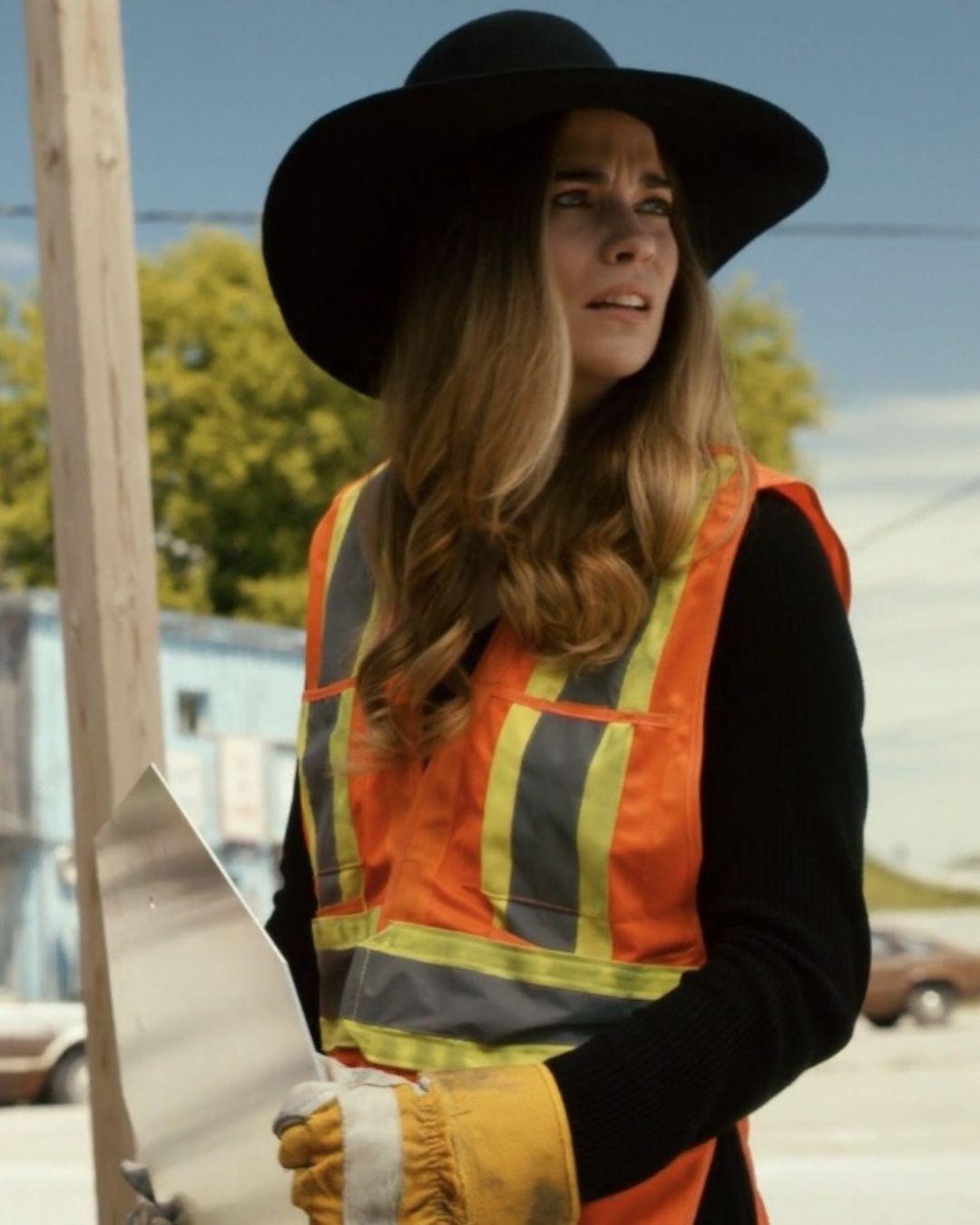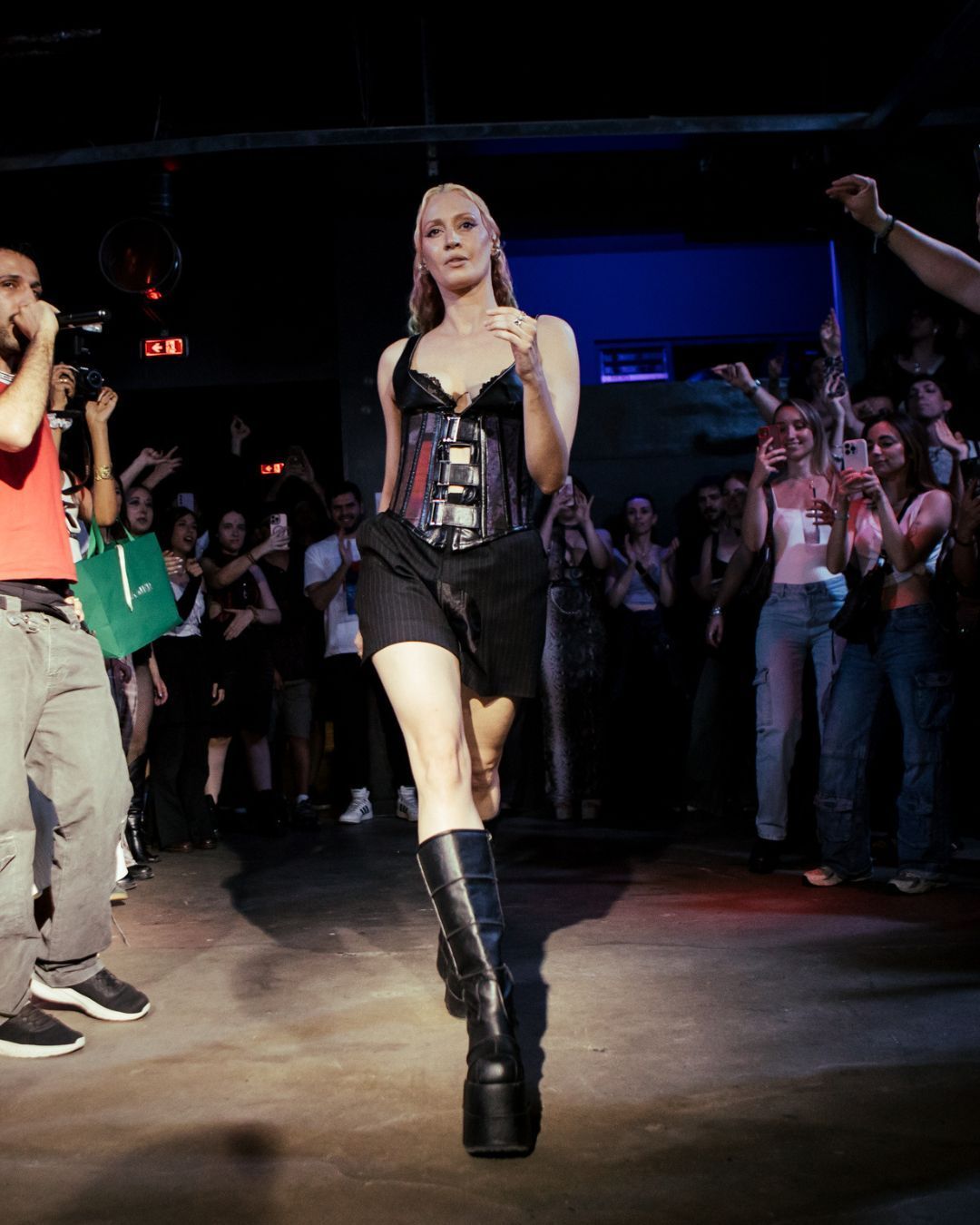
What to do if we are victims of AI porn The Taylor Swift case sets an important precedent, and the law should catch up
A few days ago, on Twitter, images generated with Artificial Intelligence were circulated, depicting Taylor Swift among players of the American football team where her boyfriend Travis Kelce plays (Kansas City Chiefs) in explicit poses, nude, with the team's numbers and slogans drawn on her body. The tweet, coming from a verified account, quickly gained impressive traction: reported to have 100,000 bookmarks, 45 million views, and over 20,000 reposts in just a few hours. The images remained online for more than 17 hours, seemingly generated within a Telegram group and then reposted, but nothing is certain. It's impossible to gauge their spread outside the platform, how many times they were saved and shared without any form of control or censorship, making it uncertain if they have been completely removed from the internet.
Taylor Swift, the latest AI porn Victim
Setting aside the shortcomings related to the new version of Twitter, allowing highly explicit pornographic content to remain online for hours - effectively doing nothing to limit its spread - the issue is serious and widespread, requiring a more systematic approach. Now, it appears that Taylor Swift intends to take legal action. According to the Daily Mail, a source close to the singer stated: "It hasn't been decided whether to take legal action or not, but one thing is clear: these images are offensive and abusive and have absolutely no consent from Taylor. The account that posted them has been suspended, but it's shocking that the platform allowed them to be published. These images must be removed from anywhere they still exist and should not be shared by anyone. Taylor and her family are furious, as are her fans. Let's be clear, specific laws are needed to prevent these things."
Taylor Swift is said to be considering legal action against the deepfake website that generated explicit AI images of her which circulated online, Daily Mail reports. pic.twitter.com/fQ961NdZTU
— Pop Base (@PopBase) January 25, 2024
Could the Popstar's Influence Be Useful in Overcoming Legal Gaps?
It's sad to say because decisions of this kind should be made regardless of the influence and power of the individuals involved, but the intervention of the world-famous millionaire popstar could be crucial. Swift has proven to be immensely influential in various legislative matters, initiating discussions in Brazil about a Taylor Swift Law for ticket sales and resale, and winning a sexual harassment case that set a precedent very useful for other victims. Now, her willingness to take legal action against those who generated and spread these images (and we hope she does) could set another important precedent and provide a decisive push in defining these new laws. Because, precisely, laws specifically against this phenomenon do not yet exist.
deepfake/AI porn should carry the same legal consequences as revenge porn and it’s crazy that no legislation has been put in place to discourage it from happening
— death angel (@angel_0f_deathx) January 25, 2024
The Situation in Italy
In Italy, as of now, the legal system does not provide for a specific offense for pornographic deepfakes or the generation of images without consent. In some cases, one can appeal to other related offenses. According to lawyers Federico Lucariello and Francesca Cannata, as reported by Corriere della Sera: "Offenses contiguous to the combination of images or videos of real people using AI could be those of person substitution or computer fraud." With a particularity: if dissemination occurs online or in general groups and to multiple people, "It could constitute a case of defamation." However, filing a lawsuit for defamation or computer fraud doesn't even begin to cover the abusive, misogynistic, and sexual motivations behind these acts and is therefore not satisfactory or exhaustive. Nor is the offense of revenge porn, which covers different events and should be expanded to be effective in cases like this.
What to Do If You Are a Victim of This Abuse?
While we eagerly await movement in the Italian legislative system, let's not remain idle. If we are victims of this type of abuse, we can formally file a complaint, turn to the Cyber Police, and the Privacy Guarantor. We can also appeal to the site or platform manager where the content was disseminated to request removal. In Italy, some associations assist victims in this process, such as Permesso Negato and Telefono Rosa, which has a team of volunteer lawyers ready to give tips on how to report any type of violence. Some associations that work to combat violence against women and help victims are also including modules on online abuse in their training and awareness projects. The road is long, but we are ready.


























































